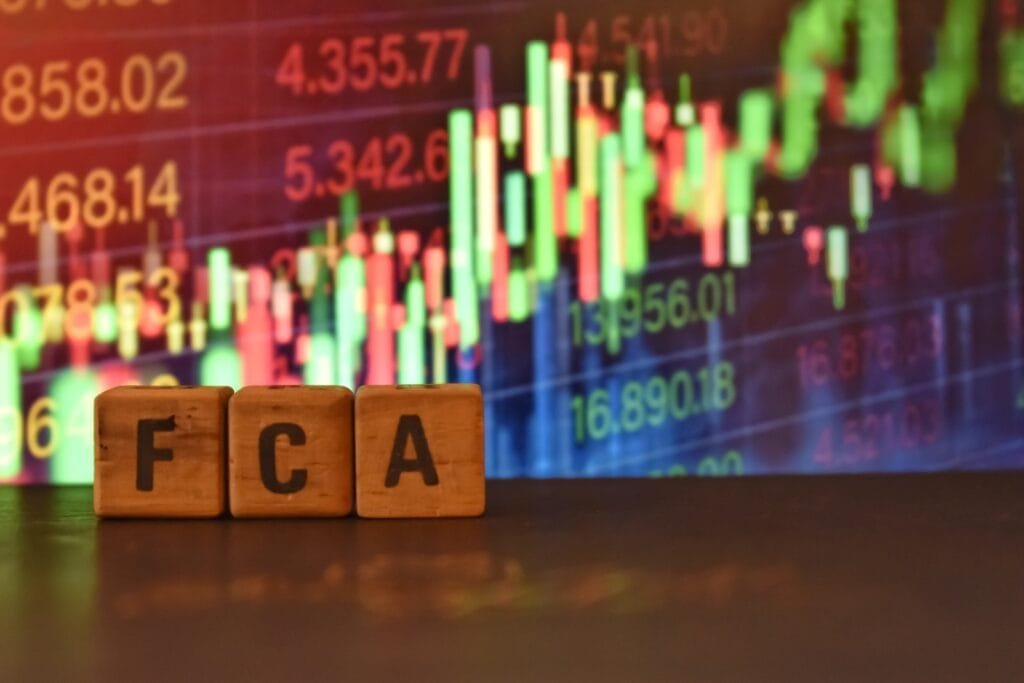If you’ve seen a financial business or individual say that they’re FCA registered or authorised, it’ll probably help to put your mind at ease. But what does this really mean? Check out our quick guide to the FCA
What is the FCA?
FCA is short for Financial Conduct Authority – an independent public body that regulates the conduct of nearly 45,000 businesses and individuals operating in the UK financial services industry.
Established in 2013, it is funded entirely by fees charged to regulated businesses and is held accountable to the Treasury and Parliament.
The FCA’s main aim is to make financial markets work well so that consumers get a fair deal.
What does it mean to be FCA authorised?
Any individual or business who wishes to provide regulated financial services or offer credit to UK consumers must be authorised by the FCA.
In fact, it’s a criminal offence to operate in the financial industry without this authorisation.
Companies that are suspected to be in breach of FCA rules and working without the appropriate authorisation are listed on the FCA Warning List; a directory of companies that is updated daily.
You can also double-check whether the company you’re dealing with is registered by searching the directory on the official FCA website.
Be cautious if a business is claiming to offer loans that are FCA approved. The FCA doesn’t approve loans or any other type of financial product.
How does the FCA protect consumers?
Ensuring consumers get a fair deal is at the heart of the FCA’s mission. It does this by working to detect harm and putting remedies in place such as implementing new rules and issuing guidance and standards. It also works to increase public awareness of financial scams.
Businesses authorised by the FCA must:
- Treat customers fairly
- Provide them with appropriate products and services
- Value their customers’ safety above their own profit or income
Since 31st July 2023, businesses must also follow new rules known as Consumer Duty. This requires that, as a customer, you should receive:
- The support you need when you need it
- Communications that you understand
- Products and services that meet your needs and offer fair value
In recent years, for example, the FCA has worked with providers of Buy Now, Pay Later loans like Klarna, Clearpay, and PayPal to ensure consumers have access to the details they need to make informed decisions and are completely aware that they’re entering a credit agreement. It has also pioneered initiatives to help guard people against the gamification of investing and explain its potential pitfalls.
What powers does the FCA have?
The FCA works to:
- Protect customers from the harm caused by bad conduct in financial services
- Support a healthy and successful financial system
- Promote effective competition in the interests of consumers
If an individual or business is suspected of breaking FCA rules, it will investigate and act. It can then force businesses found to be acting unfairly to withdraw or change products as well as having the power to impose fines and penalties. It can even seek compensation for the consumers directly affected.
Can I report a business to the FCA?
If you believe you’ve been treated unfairly by a financial services company, your first port-of-call should be the Financial Ombudsman service.
However, you should report to the FCA if you encounter a financial scam, a misleading financial advert, or an unfair financial contract.
FCA rules state that adverts should be fair, clear, and not misleading, and contracts should also be clear and fair. Financial promotions should also explain the potential risks of the product and not make false claims such as being able to offer ‘instant’ approvals.
Looking for support from an FCA registered company? Our team is here to help. Give us a call on 0161 660 0411 or send a message here






